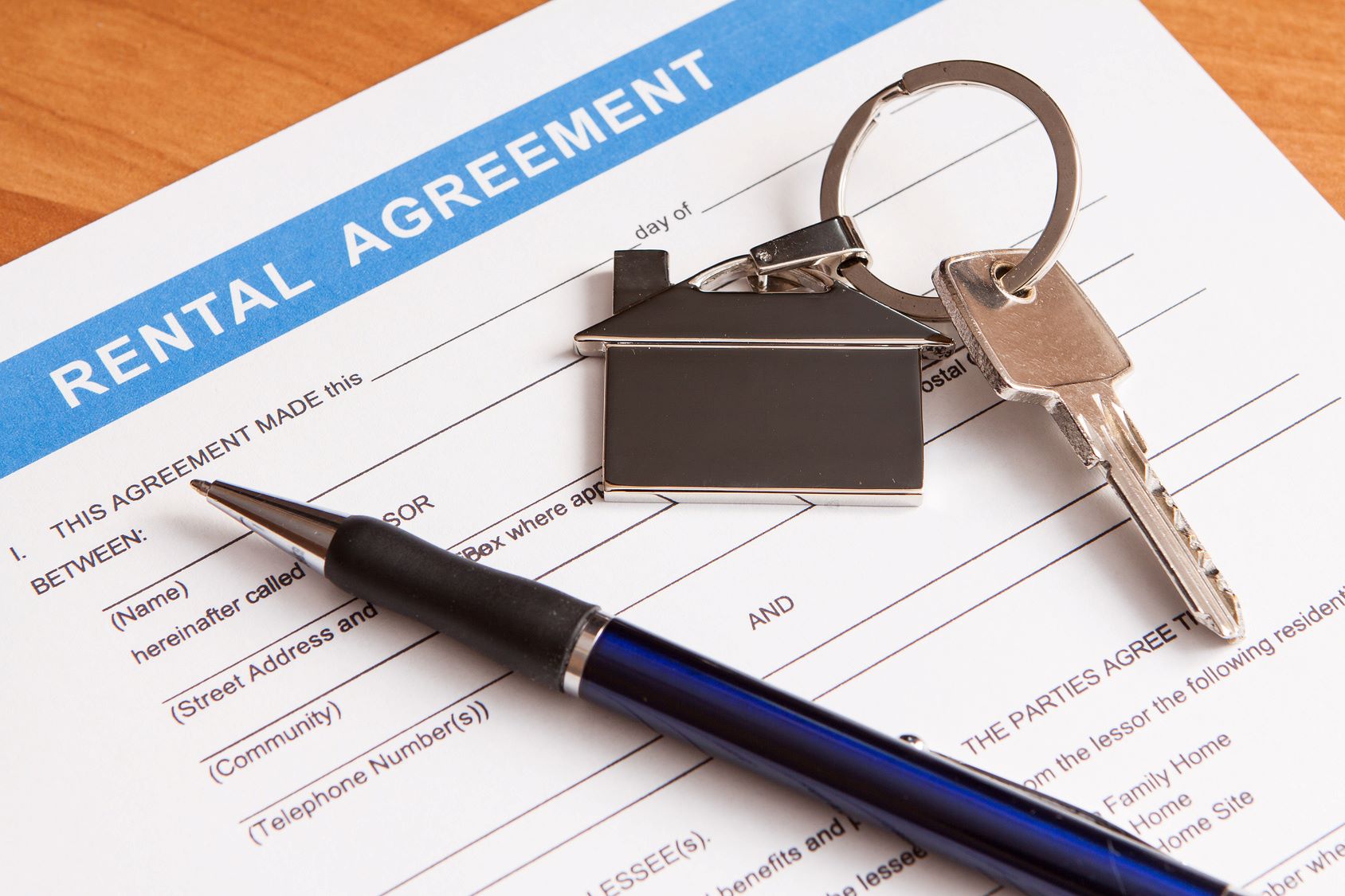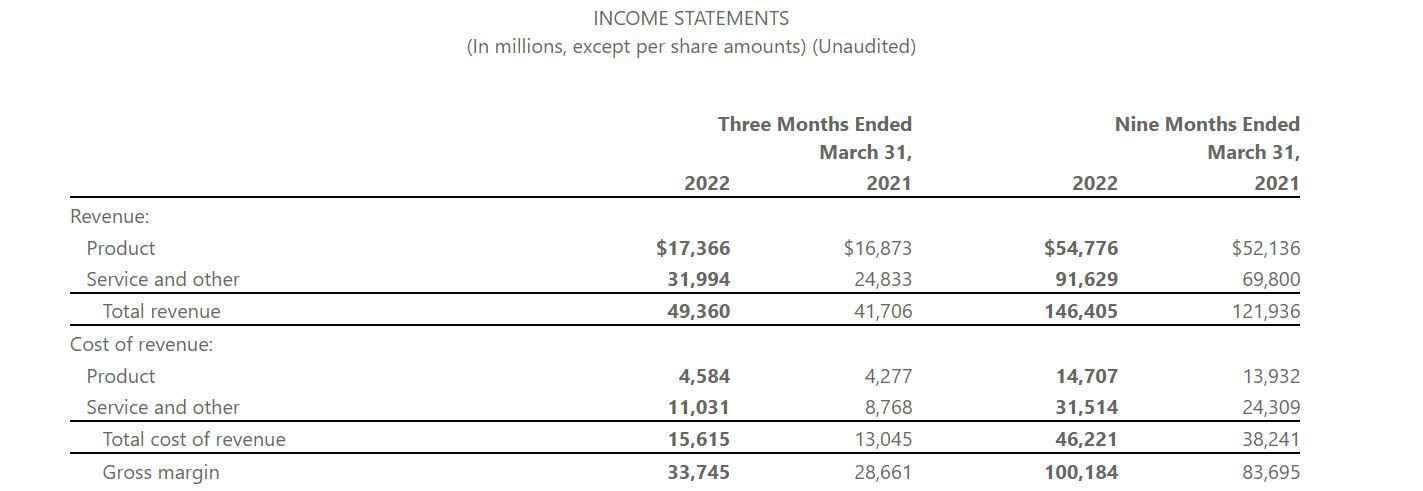Home>Finance>How To Get An Apartment With A Low Credit Score


Finance
How To Get An Apartment With A Low Credit Score
Published: October 23, 2023
Learn how to get an apartment even with a low credit score. Find tips and strategies to secure housing without letting your finance situation hold you back.
(Many of the links in this article redirect to a specific reviewed product. Your purchase of these products through affiliate links helps to generate commission for LiveWell, at no extra cost. Learn more)
Table of Contents
- Introduction
- Understanding Credit Scores and Their Impact on Apartment Applications
- Researching Apartments and Their Credit Score Requirements
- Exploring Alternative Options for Renting with a Low Credit Score
- Building or Improving Your Credit Score to Increase Apartment Approval Chances
- Tips for Successfully Applying for an Apartment with a Low Credit Score
- Conclusion
Introduction
Searching for an apartment to rent can be an exciting and nerve-wracking process. It’s a chance to find a place to call home, but for individuals with a low credit score, it can also present some challenges. Your credit score plays a significant role in determining your financial responsibility, and many landlords and property management companies use this information to evaluate potential tenants.
Having a low credit score doesn’t mean you won’t be able to secure an apartment, but it may require some extra effort and research. In this article, we will explore strategies for finding an apartment with a low credit score, along with tips for improving your credit score to increase your chances of approval.
Understanding the impact of your credit score on apartment applications is crucial. Landlords and property management companies often view a low credit score as an indication of a tenant’s financial habits and reliability. A poor credit score may make them hesitant to approve your application, as they may be concerned about the potential risk of missed rent payments or other financial problems.
But don’t despair! There are ways to overcome this obstacle and find an apartment that suits your needs. The key is to be proactive and prepared throughout the process. So, let’s dive in and explore how you can navigate the apartment rental market even with a low credit score.
Understanding Credit Scores and Their Impact on Apartment Applications
Before delving into the strategies for renting an apartment with a low credit score, it’s important to understand the role of credit scores in the rental process. A credit score is a numerical representation of an individual’s creditworthiness and financial history. Credit scores are typically generated by credit bureaus using data from various sources, such as credit card usage, loan payment history, and other financial transactions.
When you apply for an apartment, the landlord or property management company may request permission to run a credit check. This check allows them to assess your creditworthiness and determine whether you are a suitable tenant. They are particularly interested in your history of paying bills on time, any outstanding debts, and any bankruptcy or foreclosure records.
Most landlords have specific credit score requirements for prospective tenants. These requirements can vary depending on the location, type of property, and the landlord’s policies. Generally, a credit score of 620 or above is considered good, while a score below 620 may be viewed as subpar or low.
An apartment application’s approval or denial is not solely based on your credit score. Other factors, such as income, rental history, and references, play a role as well. However, a low credit score can raise concerns and make it more challenging to secure an apartment.
If you have a low credit score, it’s important to be upfront and honest with landlords about your financial situation. Provide additional documentation, such as proof of income, letters of recommendation, or evidence of responsible financial behavior, to mitigate any concerns they may have.
Researching Apartments and Their Credit Score Requirements
When you have a low credit score, it becomes crucial to research apartments and their credit score requirements thoroughly. Start by creating a list of potential apartments that fit your budget and desired location. Online rental platforms, real estate websites, and local classifieds can be valuable resources for finding apartment listings.
Once you have a list of potential apartments, it’s time to check their credit score requirements. Many property listings will provide information about the minimum credit score expected from applicants. If this information is not explicitly stated, you can contact the landlord or property management company directly to inquire about their credit score expectations.
Keep in mind that different apartments may have varying credit score requirements. Some may have more lenient criteria or be open to considering applicants with lower credit scores, while others may have strict requirements that could make approval difficult. By understanding the credit score expectations upfront, you can focus your efforts on apartments that are more likely to consider your application.
Additionally, don’t solely rely on credit score requirements as a determining factor. Look for other factors that may work in your favor, such as apartments owned by individual landlords who may be more flexible with their criteria or properties that are new to the rental market and may be more open to working with applicants with low credit scores.
When researching apartments, it’s also important to consider the size and type of property. Smaller, private landlords or properties with fewer units may be more willing to consider applications from individuals with low credit scores. Consider expanding your search to include duplexes, townhouses, or properties managed by smaller property management companies.
Remember to take notes throughout your research process, so you can easily refer back to important details about each apartment. This will help you stay organized and make informed decisions as you move forward in the application process.
Exploring Alternative Options for Renting with a Low Credit Score
If you’re facing challenges finding an apartment that meets your needs due to a low credit score, it’s worth exploring alternative options. These alternatives can provide you with more flexibility in securing a rental property:
- Rent from individual landlords: Individual landlords often have more flexibility in their rental criteria compared to larger property management companies. They may be more willing to consider your application if you can demonstrate steady income and provide strong references.
- Seek out sublet opportunities: Subletting can be a great option for individuals with low credit scores. With a sublet, you’re essentially renting from a tenant who is temporarily away and leasing their apartment. This arrangement may have more lenient credit score requirements compared to traditional leases.
- Consider roommate situations: Sharing an apartment with roommates can be an affordable option and can also help you overcome credit score barriers. Landlords may be more willing to consider applicants with low credit scores if they have other tenants with more favorable credit histories.
- Look for apartments in less competitive areas: Consider exploring rental opportunities in neighborhoods or areas where the rental market is less competitive. These areas may have landlords who are more willing to consider applications from individuals with low credit scores.
- Provide additional security deposit: Offering a higher security deposit can help alleviate concerns for landlords. By providing an extra financial buffer, you demonstrate your commitment to meeting your rental obligations.
- Get a co-signer: If possible, consider finding a co-signer who has a good credit score. A co-signer is someone who agrees to be responsible for your rent payments if you default. This added layer of security can help convince landlords to approve your application.
Remember, when exploring these alternative options, it’s essential to maintain open communication, provide relevant documentation, and present yourself as a responsible and reliable tenant. These steps can help build trust and increase your chances of securing a rental property, even with a low credit score.
Building or Improving Your Credit Score to Increase Apartment Approval Chances
If you have a low credit score and are struggling to find a rental apartment, it’s worth considering strategies to build or improve your credit score. This can not only increase your chances of securing an apartment but also have long-term benefits for your financial health. Here are some steps you can take:
- Review your credit report: Start by obtaining a copy of your credit report from major credit bureaus. Review it carefully to ensure that all the information is accurate. If you find any errors, you can dispute them and have them corrected, which can help increase your credit score.
- Make timely bill payments: Consistently paying your bills on time is one of the most significant factors in building a good credit history. Set up reminders or automatic payments to ensure you never miss a payment. Over time, this will demonstrate your responsibility and improve your credit score.
- Reduce credit card balances: High credit card balances can negatively impact your credit score. Aim to keep your credit card utilization ratio below 30% of your available credit limit. Paying down your balances can improve your credit score and show lenders that you are managing your credit responsibly.
- Open a secured credit card: If you don’t qualify for a traditional credit card, consider applying for a secured credit card. With a secured card, you provide a security deposit, which becomes your credit limit. By consistently making on-time payments, you can build a positive credit history.
- Build a positive credit mix: Having a diverse mix of credit accounts, such as credit cards, auto loans, or student loans, can have a positive impact on your credit score. If you don’t have any credit accounts, you can consider opening a small loan or becoming an authorized user on someone else’s credit card.
- Avoid opening multiple new credit accounts: While it’s important to have a mix of credit accounts, avoid opening multiple new accounts within a short period. Multiple credit inquiries can temporarily lower your credit score. Instead, focus on managing your existing accounts responsibly.
- Practice responsible financial habits: Building good credit requires demonstrating responsible financial behavior. This includes keeping your debt levels manageable, avoiding late payments, and being mindful of your spending habits. Show lenders that you are a reliable borrower by displaying disciplined financial practices.
Remember, building or improving your credit score takes time and consistent effort. It’s a long-term process that requires patience and discipline. However, by taking these steps, you can not only increase your chances of securing an apartment but also pave the way for a healthier financial future.
Tips for Successfully Applying for an Apartment with a Low Credit Score
Applying for an apartment with a low credit score can be challenging, but it’s not impossible. By following these tips, you can increase your chances of success:
- Be upfront about your credit situation: When filling out the rental application, be transparent about your credit score and any challenges you may have faced in the past. Honesty is key, and some landlords may be more understanding if you explain your circumstances.
- Provide additional documentation: Supplement your application with additional documentation that demonstrates your financial stability. This can include bank statements, income verification, proof of employment, and letters of recommendation from previous landlords or employers.
- Offer a larger security deposit: Consider offering a larger security deposit to provide landlords with a sense of security. This shows your commitment to meeting your rental obligations and can help alleviate concerns about your credit score.
- Obtain a letter of recommendation: If possible, request a letter of recommendation from a previous landlord or a trusted individual who can vouch for your reliability as a tenant. This can help landlords see beyond your credit score and focus on your positive rental history.
- Provide proof of income: Show landlords that you have a steady source of income by providing pay stubs, tax returns, or employer verification letters. This can assure them of your ability to make rent payments consistently.
- Get a co-signer: If you have someone with good credit who is willing to be a co-signer, it can strengthen your application. A co-signer will be legally responsible for the rent if you are unable to make payments, giving landlords more assurance.
- Show responsibility and accountability: Demonstrate responsible financial habits by paying bills on time, managing your existing debts, and being prompt in your communication with landlords. This will help build trust and confidence in your ability to be a reliable tenant.
- Consider professional help: If your credit situation is complex or you’re finding it challenging to navigate the rental process, consider working with a reputable credit repair agency or a housing counselor. They can provide guidance, help you understand your options, and assist in improving your credit score.
Remember, each landlord has their own criteria and evaluation process. Don’t get discouraged if one application is denied. Keep trying, stay positive, and utilize the tips above to increase your chances of successfully securing an apartment, even with a low credit score.
Conclusion
Securing an apartment with a low credit score may seem challenging, but with the right approach, it is possible. By understanding credit scores and their impact on apartment applications, researching apartments and their credit score requirements, exploring alternative options, and working on building or improving your credit score, you can increase your chances of finding a suitable rental property.
During your apartment search, be proactive and transparent about your credit situation, providing additional documentation and demonstrating your financial stability. Consider alternative options such as renting from individual landlords, subletting, or seeking out roommate situations. Additionally, taking steps to build or improve your credit score can have long-term benefits beyond securing an apartment.
When applying for apartments, remember to highlight your reliability and financial responsibility through letters of recommendation, proof of income, and a larger security deposit if possible. Consider enlisting the help of a co-signer if necessary and be sure to communicate openly with landlords throughout the process.
While the process may require extra effort and persistence, don’t give up. Stay positive, explore various options, and utilize resources like credit repair agencies or housing counselors if needed. With determination and the right strategies, you can find an apartment that meets your needs and overcome the challenges posed by a low credit score.
Remember, building a positive credit history is an ongoing process. Use this experience as an opportunity to develop healthy financial habits and continue working towards improving your credit score. With time, dedication, and responsible financial management, you can enhance your future rental prospects and achieve financial stability.














